Be careful what you call your horse…
When I was young we were taught that a name someone calls you cannot hurt you, but rather it can be effectively countered with “I know you are but what am I?” Now that I'm an adult it would appear that stance on name calling has long been forgotten, or at least rarely turned on the name caller.
Unfailingly I flinch when I hear someone call their horse a jerk, dummy, stupid, or other more offensive words. The horse is our mirror so who is really being called those names?
Why does verbal abuse go so frequently un-remarked about? When an international competitor uses Rollkur it is publicized quickly, but I could guess that on enough occasions to be noticed they have cursed at their horse and momentarily renamed them a derogatory pet name. For many years it was not only common but a sort of mythological-fact that warmbloods were actually “Dumb-bloods.” I hear instructors (slash) trainers tell their beginner students that a certain action from the horse means he is being a jerk – is that really a plausible explanation?
A form of assumption must also come along with this name calling that the horse cannot understand the verbal abuse which is being thrown at him. Au contraire! Horses can be trained to understand hundreds of verbal cues. Working with the horse on a lunge line and maximizing your use of verbal cues for transitions will demonstrate that not only is the word important but also the tone, pitch and inflection that is used. Interestingly I think that humans easily get confused because as a species we can verbalize one thing (“yes”) while signaling with our body the opposite (shaking our head “no”) and meaning something completely unrelated to either yes or no (the punch line to a joke that was just set up). The horse's communications however are in alignment with one another – just one more obstacle for us to overcome in our nature. As equestrians much of our miscommunication with the horse is connected to our physical (body), verbal and kinesthetic (touch) signals being at odds with one another.
Now, throw in the mix name calling which does nothing to improve our own education or understanding as equestrians, nor does it honor the horses' innate intelligence or even give him basic respect. Respect, however, has to start with ourselves, and the horse is most definitely our mirror when we are name calling. As an Orbit commercial would remark – “got a dirty mouth? Clean it up!”
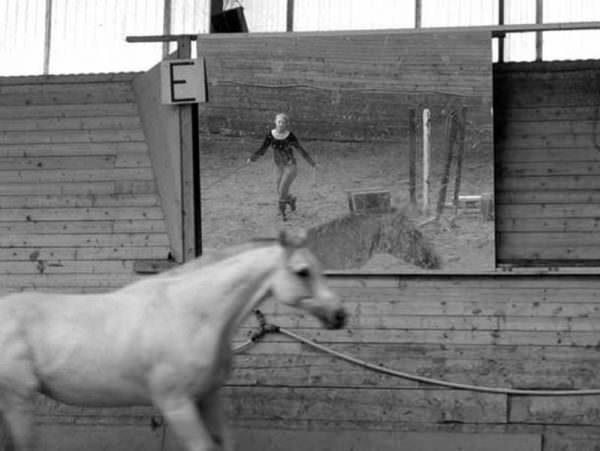
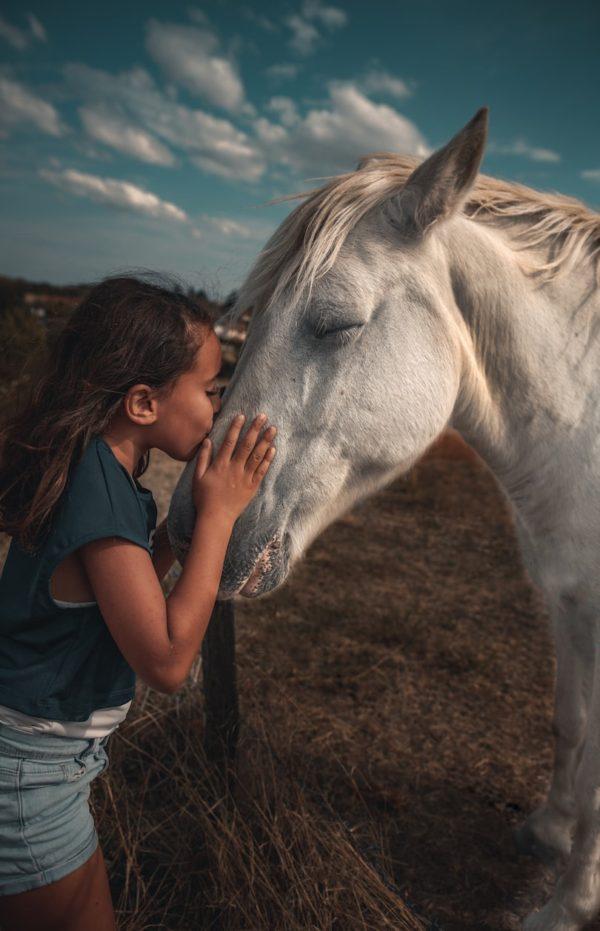

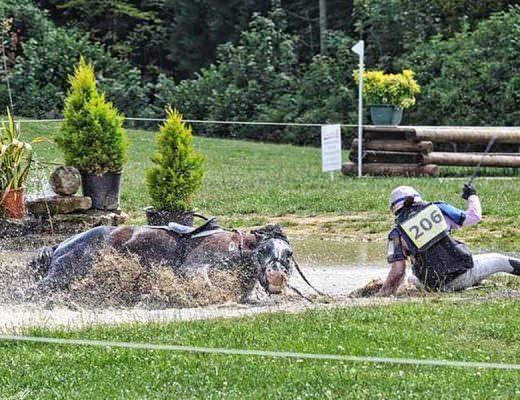
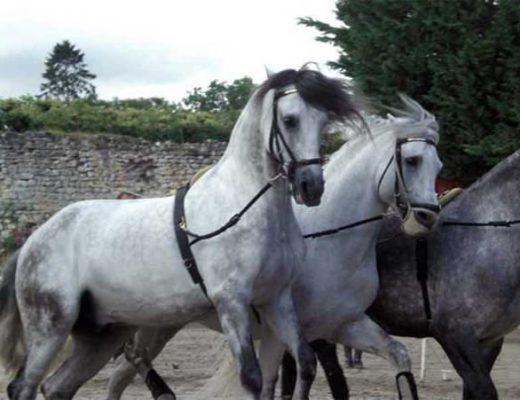
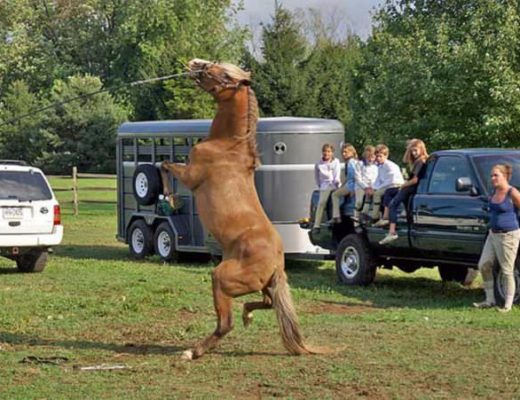


Erica, You write about calling a horse names. Here is a true story that puts this in a different light. I had a snake in the grass TRAINER break a nice horse named Lyle for me. This bad trainer savaged the horse in his mouth, his body and his spirit. I got Lyle home and started the work of re-training him. Lyle would be real nervous and even dangerous to ride (and even handle.) When Lyle would get dangerous, I would start to cuss out the TRAINER, not Lyle but the bad trainer! And Lyle seemed to understand. Because as I hurled every bad and insulting word and phrase that I knew at the bad trainer, Lyle would first listen and THEN RELAX. On some level Lyle understood what I was doing and that I somehow understood what had been done to him and that I was on his, that is Lyle’s , side.
So, just what do our horse understand? So very, very much!
Thanks,
Penny
Penny,
It is amazing what horses will pick up – and it is so multi-level as you pointed out with your story. 🙂 They are far more intelligent than people often give them credit for, unfortunately..
Cheers,
Erica